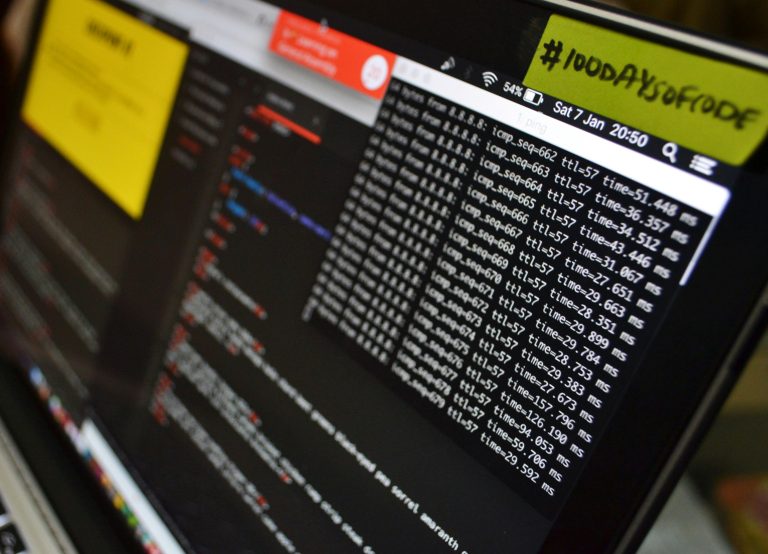The Role of AI in Cybersecurity
2 Threat Detection
AI can analyze vast amounts of data in real time to:
1 Identify anomalies in network traffic or user behaviour.
2 Detect malware or phishing attempts by recognizing patterns that resemble known threats.
3 Use machine learning to uncover new, unknown threats (zero-day attacks).
3 Predictive Capabilities
AI models can:
1 Predict potential vulnerabilities before they are exploited.
2 Analyze historical attack data to forecast future attack vectors.
3 Help organizations prioritize risk by assessing the likelihood and potential impact of threats.

4 Automated Respons
With AI, cybersecurity systems can:
1 Respond automatically to threats (e.g., isolate infected machines, block suspicious IPs).
2 Reduce response time, which is crucial in preventing data breaches.
3 Assist in incident response through intelligent playbooks and workflows.
5 Security Analytics and Monitoring
AI enables:
1 Continuous monitoring of networks, systems, and endpoints.
2 Intelligent correlation of security alerts from various tools to reduce noise and false positives.
3 Creation of smart dashboards that highlight the most critical issues for security analysts.
6 Identity and Access Management (IAM)
AI helps secure identities by:
1 Detecting abnormal login patterns or access attempts.
2 Supporting behavioral biometrics to verify users continuously.
3 Enhancing multi-factor authentication with intelligent decision-making.

7 Email and Endpoint Protection
AI is widely used to:
1 Filter out spam and phishing emails.
2 Detect ransomware or fileless malware on endpoints.
3 Use sandboxing and behavioural analysis to evaluate file safety.
8 Challenges and Risks
Despite its benefits, AI in cybersecurity faces issues such as:
1 Adversarial attacks, where attackers manipulate inputs to deceive AI systems.
2 False positives/negatives, leading to either ignored threats or alert fatigue.
3 Privacy concerns around how data is collected and analyzed.






